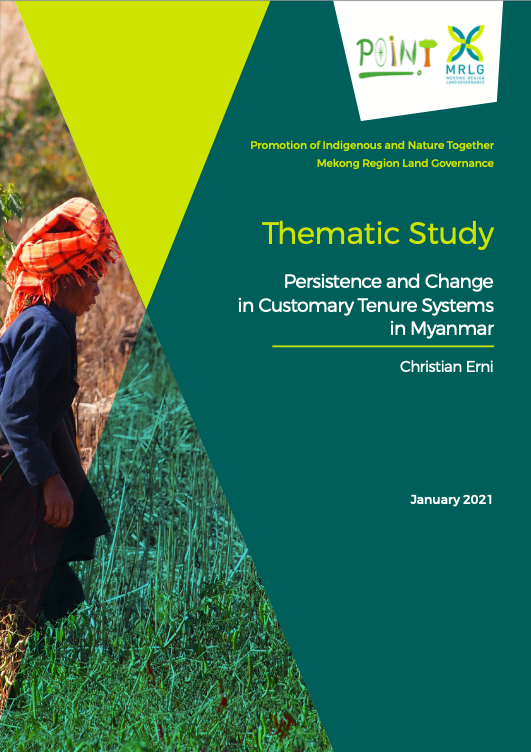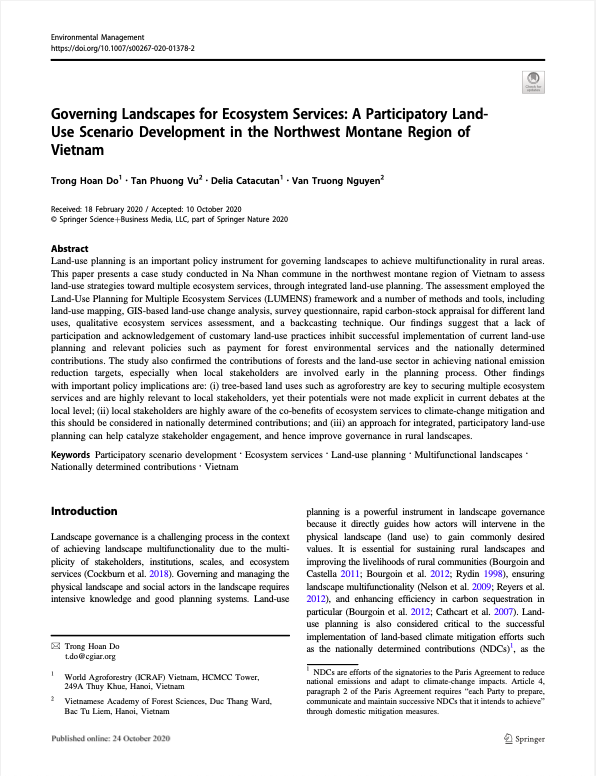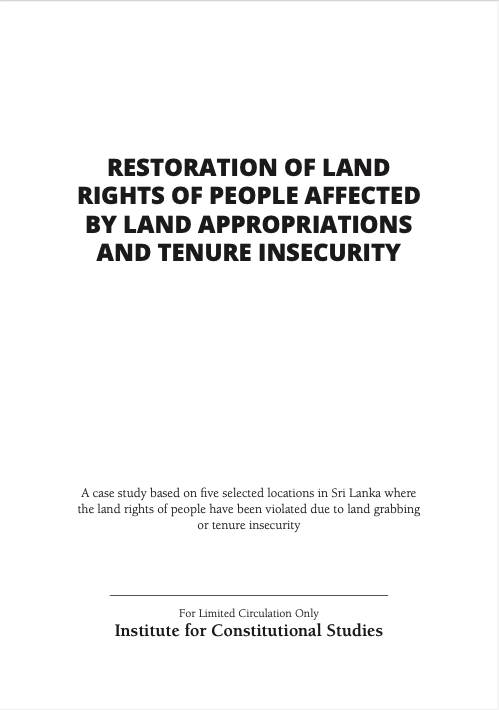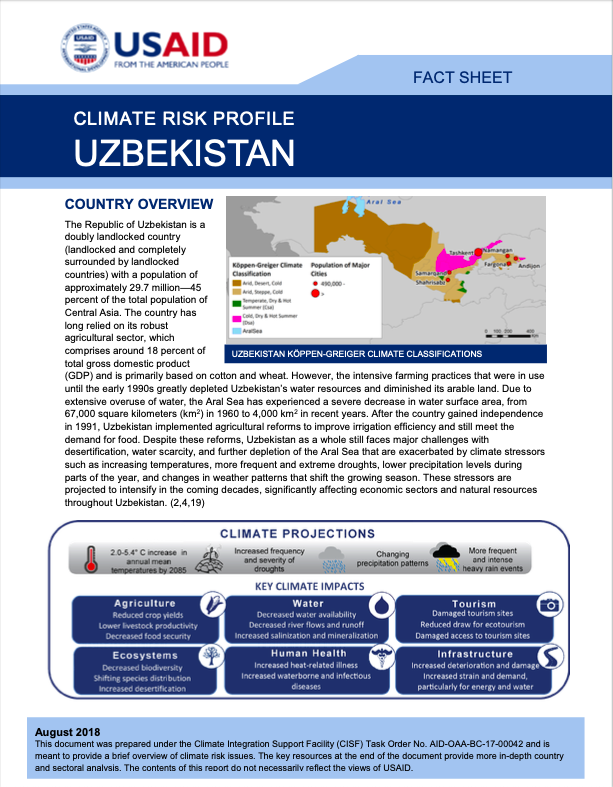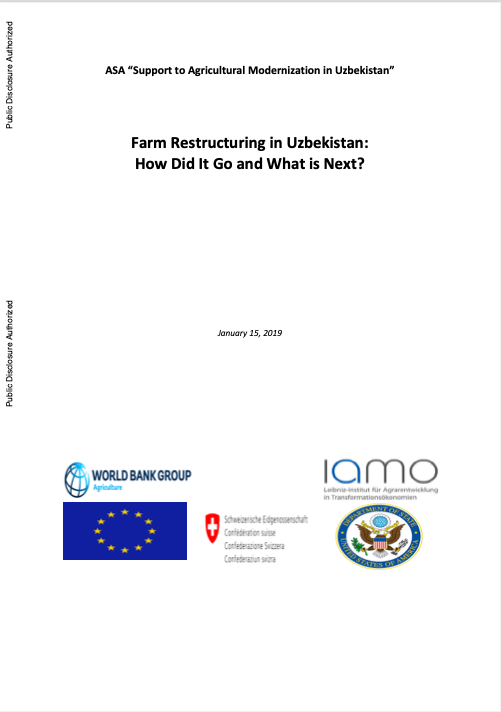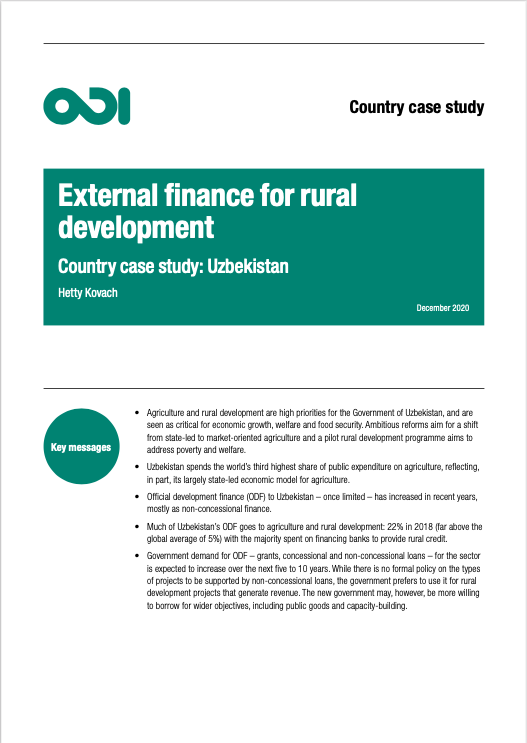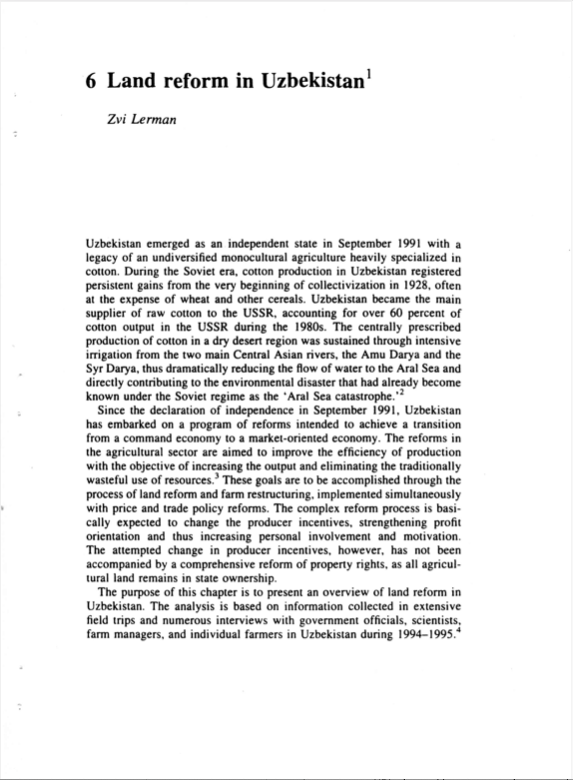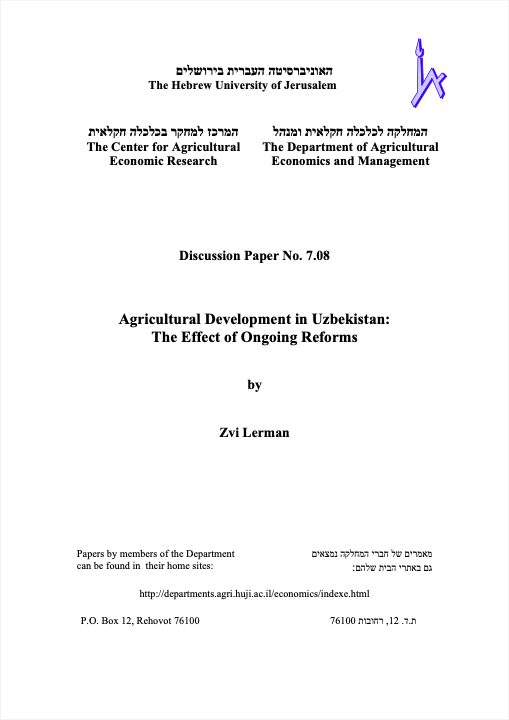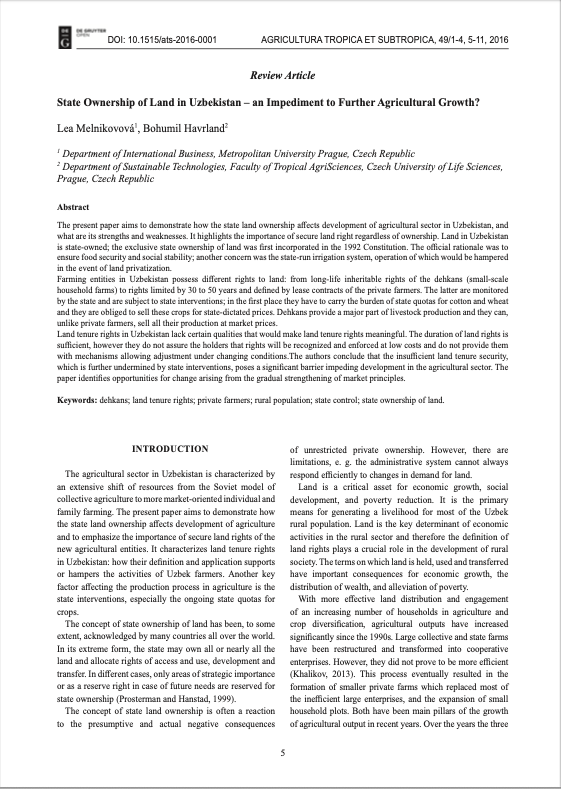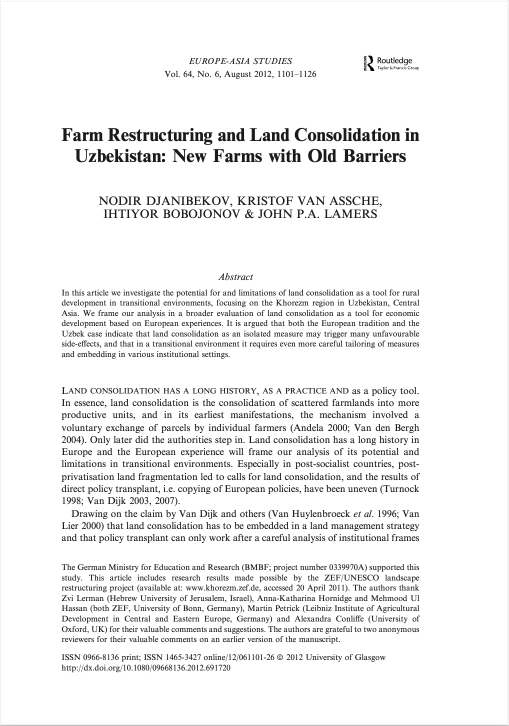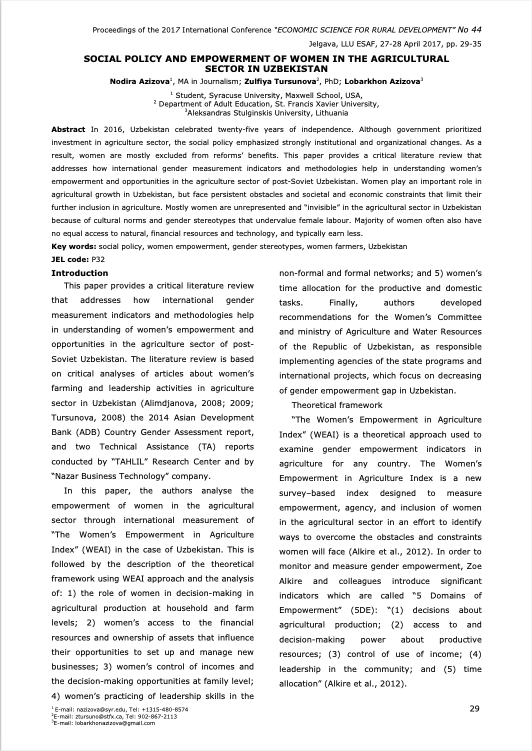Persistence and Change in Customary Tenure Systems in Myanmar
Based on a broad review of the existing documentation, the study describes the diversity of customary tenure systems in various regions of Myanmar; it looks at what they have in common and how they differ. It investigates the processes that affect or weaken the community jurisdiction over their lands and resources. It is intended as a resource for policymakers who are looking at recognizing and protecting the customary rights of rural communities.

